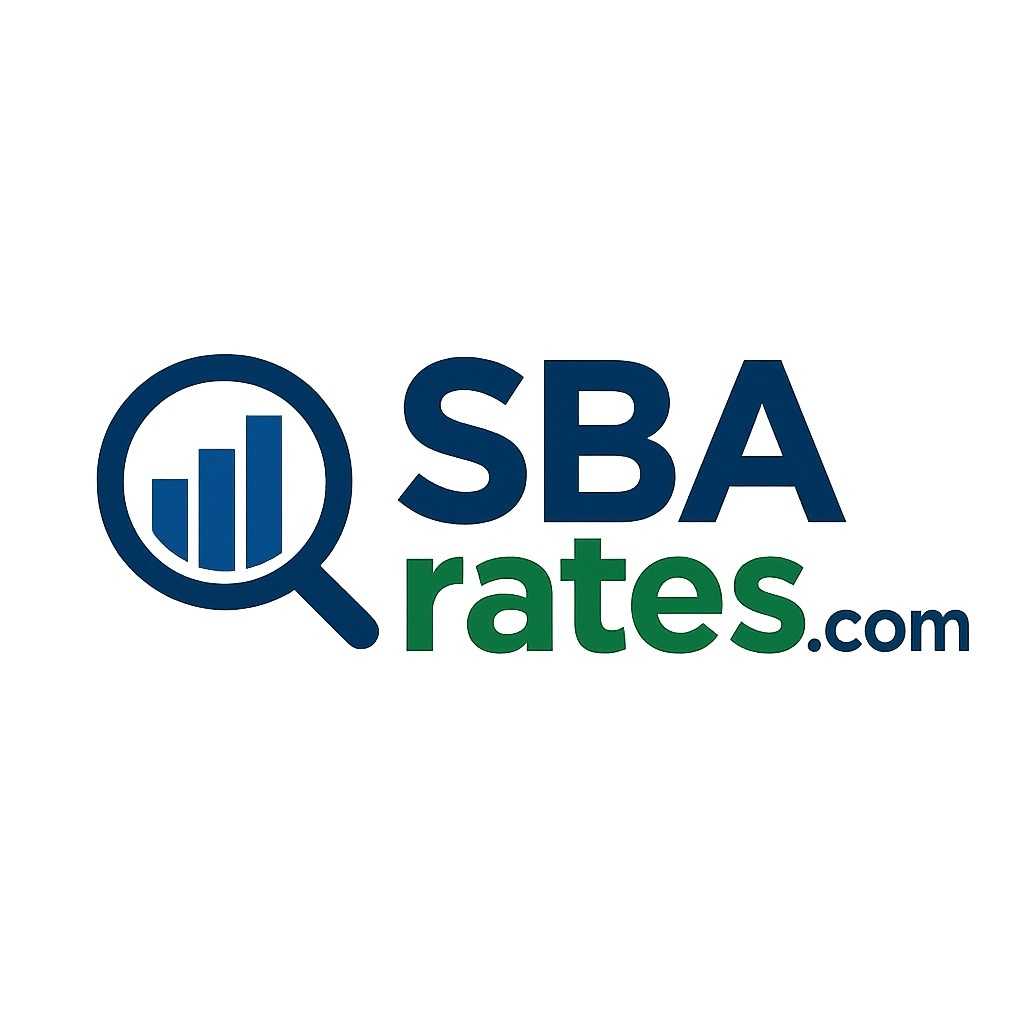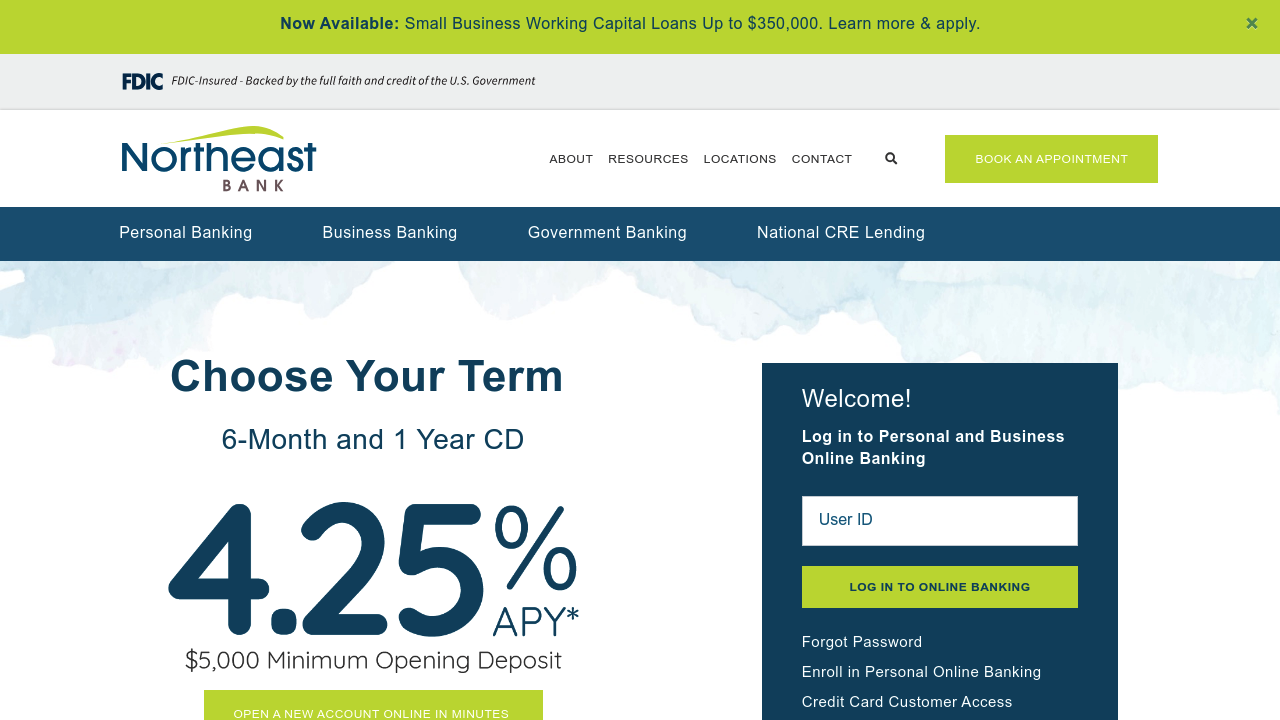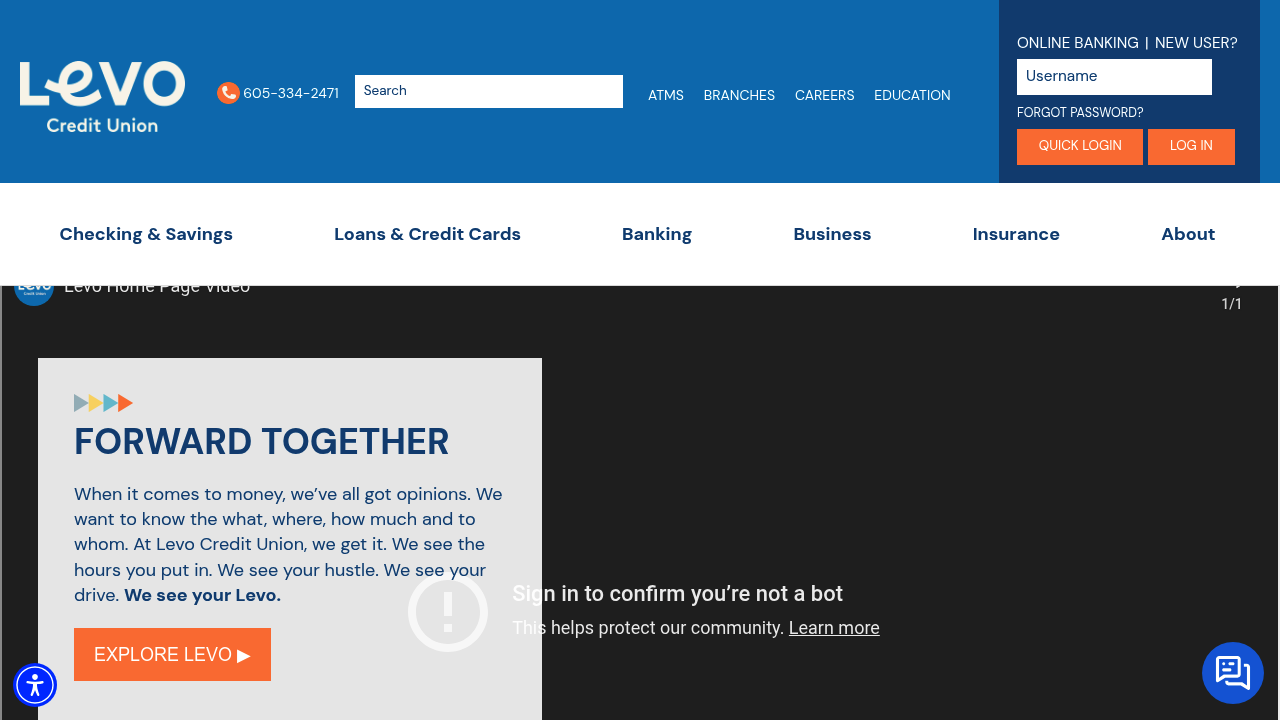All Other Miscellaneous Crop Farming
111998
SBA Loans for Miscellaneous Crop Farming: Financing Growth in Specialty Agriculture
Introduction
Miscellaneous crop farmers cultivate specialty plants that don’t fall into traditional grain, fruit, or vegetable categories but are essential to U.S. agriculture and local economies. Classified under NAICS 111998 – All Other Miscellaneous Crop Farming, this industry includes growers of herbs, spices, hay, hops, tobacco, and niche crops for food, medicine, and industrial use. These farms often fill high-demand niche markets but face unique financial challenges such as market volatility, high input costs, and unpredictable yields.
This is where SBA Loans for Miscellaneous Crop Farmers can provide vital support. Backed by the U.S. Small Business Administration, SBA loans offer affordable financing with longer repayment terms, lower down payments, and government-backed guarantees. These loans help farmers purchase equipment, maintain land, invest in irrigation, and expand production while managing the risks of specialty farming.
In this article, we’ll explore NAICS 111998, the challenges faced by specialty crop farmers, how SBA loans provide solutions, and answers to frequently asked questions about financing in this sector.
Industry Overview: NAICS 111998
All Other Miscellaneous Crop Farming (NAICS 111998) includes farms growing crops outside the major commodity categories. Examples include:
- Herbs and spices (mint, basil, oregano, lavender, etc.)
- Hops for brewing
- Tobacco production
- Hay and alfalfa
- Industrial crops like hemp or specialty grasses
Many of these crops serve niche markets with growing consumer demand. However, the lack of large-scale infrastructure or government subsidies often makes financing more challenging for farmers in this category.
Common Pain Points in Miscellaneous Crop Farming Financing
From Reddit’s r/farming, r/agriculture, and Quora discussions, farmers in this space frequently cite these challenges:
- High Equipment Costs – Specialty harvesters, irrigation systems, and greenhouses can be expensive.
- Land & Infrastructure – Leasing or buying farmland and building storage or processing facilities requires capital.
- Market Volatility – Prices for crops like hops, herbs, or hemp fluctuate significantly year to year.
- Regulatory Compliance – Specialty crops such as hemp and tobacco come with unique legal and licensing requirements.
- Cash Flow Gaps – Long production cycles and seasonal sales often delay revenue.
How SBA Loans Help Specialty Crop Farmers
SBA loans provide the financing needed to cover operational expenses, invest in equipment, and stabilize seasonal cash flow.
SBA 7(a) Loan
- Best for: Working capital, payroll, seeds, or refinancing debt.
- Loan size: Up to $5 million.
- Why it helps: Flexible funding to cover input costs, irrigation, and short-term cash flow needs.
SBA 504 Loan
- Best for: Farmland, facilities, and large-scale equipment.
- Loan size: Up to $5.5 million.
- Why it helps: Ideal for purchasing or upgrading farmland, barns, storage facilities, or greenhouses.
SBA Microloans
- Best for: Small farms or startups entering niche markets.
- Loan size: Up to $50,000.
- Why it helps: Great for buying seeds, fertilizers, small machinery, or covering licensing costs.
SBA Disaster Loans
- Best for: Recovery from droughts, floods, or other natural disasters.
- Loan size: Up to $2 million.
- Why it helps: Provides working capital to recover from crop losses or weather-related damage.
Step-by-Step Guide to Getting an SBA Loan
- Check Eligibility – Must be a U.S.-based, for-profit farm with strong personal credit (typically 650+).
- Prepare Financial Documents – Include tax returns, P&L statements, crop reports, and land ownership/lease agreements.
- Find an SBA-Approved Lender – Some lenders specialize in agricultural and farm financing.
- Submit Application – Provide a detailed business plan with crop types, acreage, and revenue forecasts.
- Underwriting & Approval – SBA guarantees reduce lender risk. Approval usually takes 30–90 days.
FAQ: SBA Loans for Miscellaneous Crop Farmers
Why do banks often deny loans to specialty crop farmers?
Banks may view niche farming as risky due to unpredictable yields, lack of subsidies, and market volatility. SBA guarantees reduce lender risk, making approvals more likely.
Can SBA loans cover irrigation and greenhouse systems?
Yes. SBA 7(a) and 504 loans can fund irrigation, greenhouses, drying barns, and other essential infrastructure.
What down payment is required?
SBA loans typically require 10–20% down, compared to 25–30% with conventional farm loans.
Are startup farms eligible?
Yes. New specialty farms can qualify with land leases, industry experience, and a strong business plan.
What repayment terms are available?
- Working capital: Up to 7 years
- Equipment: Up to 10 years
- Land/real estate: Up to 25 years
Can SBA loans help diversify crops?
Absolutely. Many farmers use SBA loans to test new specialty crops, expand into high-demand markets, and improve resilience.
Final Thoughts
The All Other Miscellaneous Crop Farming sector includes diverse, high-potential markets but requires careful investment and risk management. SBA Loans for Specialty Crop Farmers provide affordable financing to purchase equipment, secure land, and stabilize operations during unpredictable seasons.
Whether you’re starting a small herb farm, expanding hop production, or testing new niche crops, SBA financing can provide the capital to grow successfully. Connect with an SBA-approved lender today and explore funding opportunities for your farming business.
Filters
Tags
#Preferred Lenders Program
#SBA Express Program
#Existing or more than 2 years old
#Startup
#Loan Funds will Open Business
#Change of Ownership
#New Business or 2 years or less
#7a General
#Variable Rates
#Fixed Rates
#Asset Base Working Capital Line (CAPLine)
#International Trade Loans
#Export Express
#7a with WCP
#Contract Loan Line of Credit (CAPLine)
#7a with EWCP
#Preferred Lenders with WCP
#Preferred Lenders with EWCP
#Seasonal Line of Credit (CAPLine)
#Builders Line of Credit (CAPLine)








